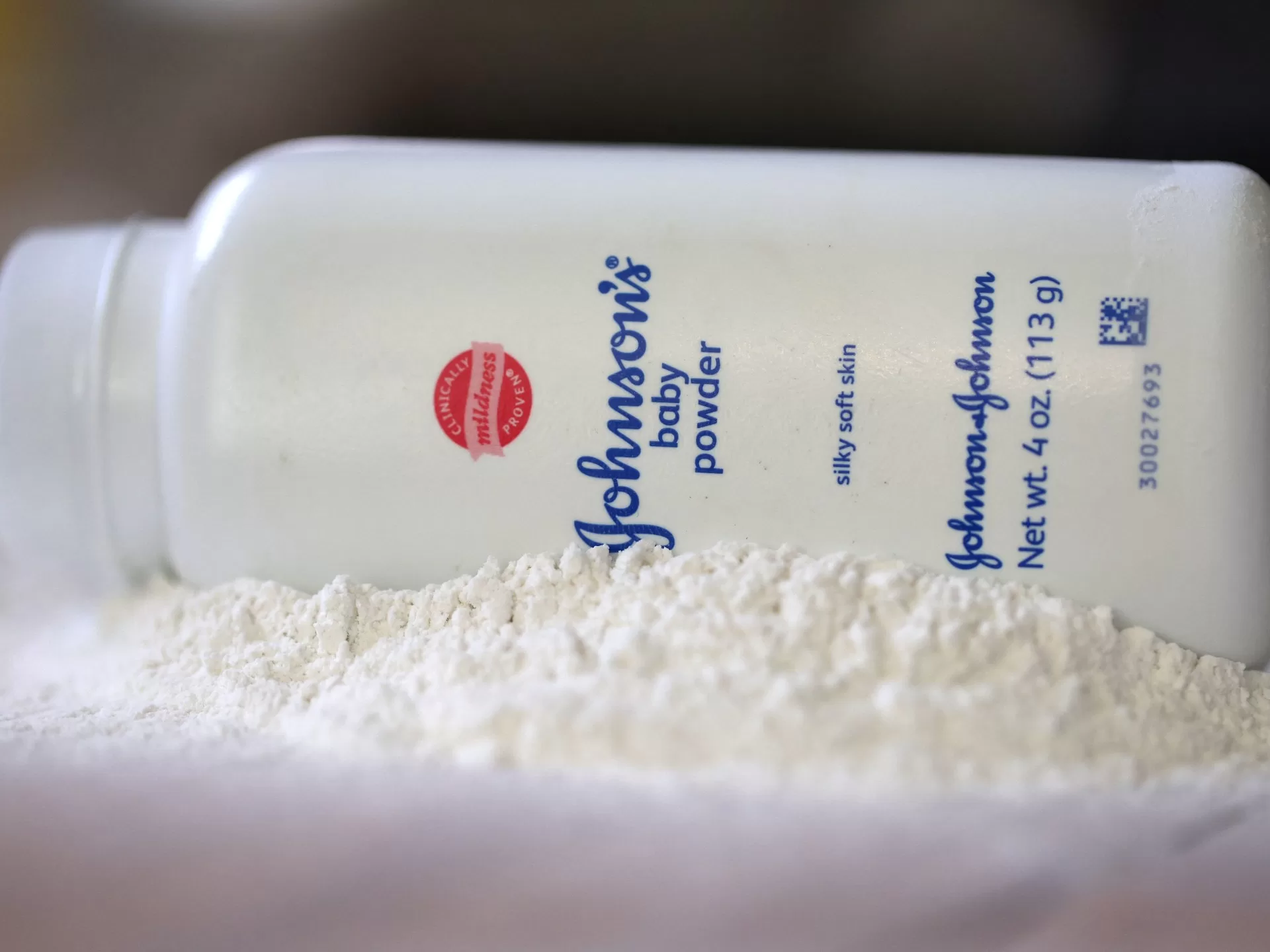Pharmaceutical giant’s payout settles allegations it misled consumers about safety of its talcum-based powder products.
J&J’s payout resolves an investigation by more than 40 US states into the marketing of baby powder and other talc-based products that contained traces of cancer-causing asbestos.
“Targeting communities with cosmetic products that contain dangerous substances is not just illegal, it is very cruel,” New York Attorney General Letitia James said in a statement on Tuesday.
“No amount of money can undo the pain caused by Johnson & Johnson’s talc-laced products, but today families can rest assured that the company is being held accountable for the harm it caused, and its dangerous products will no longer be on shelves in New York. Those that prey on our communities, hurt their health, and violate our laws will be met with the full force of my office.”
Under the settlement terms, the New Brunswick, New Jersey-based multinational will permanently halt the manufacturing, marketing and sale of all body products containing talcum powder.
J&J, which removed its talc-based powders from North American shelves in 2020 and halted their sale globally last year, did not admit wrongdoing and has maintained that its products do not cause cancer.
The settlement does not resolve tens of thousands of lawsuits filed by consumers who allege that its products gave them cancer.
Last month, the firm said it would move forward with a $6.475bn settlement to resolve 99.75 percent of the pending lawsuits in the US.
Investigations by The New York Times and the Reuters news agency found that J&J executives for decades concealed concerns that their baby powder products might contain asbestos.
A study published in the Journal of the American Medical Association in 2020 did not find a statistical link between using powder in the genital area and ovarian cancer in women.
However, researchers cautioned that the study, which involved data from 250,000 women in the US, may not have been large enough to detect a potential small increase in risk.
